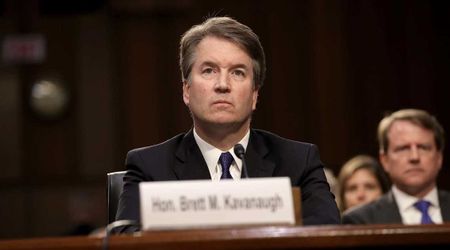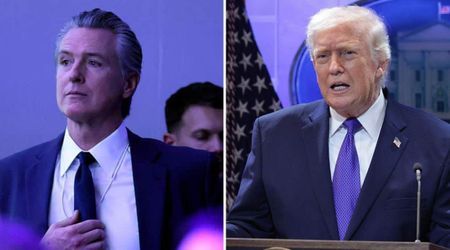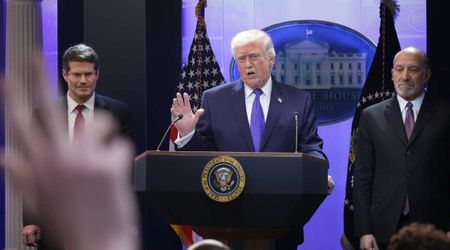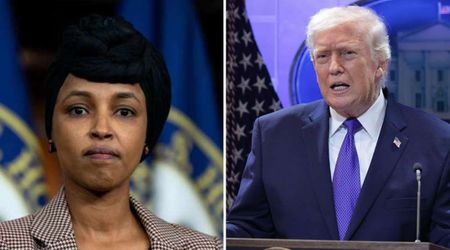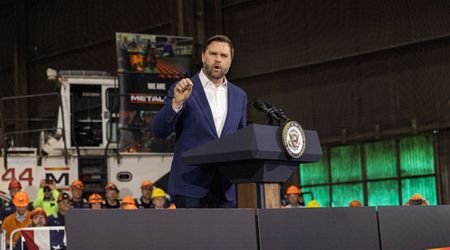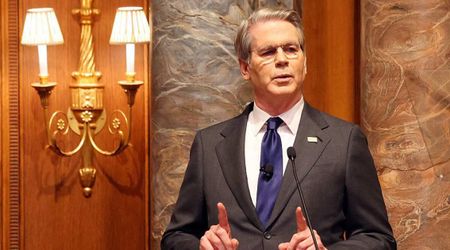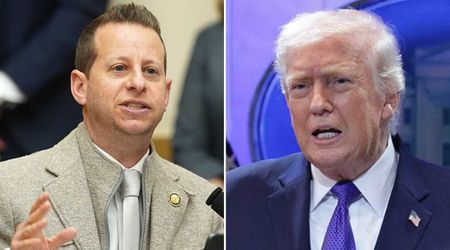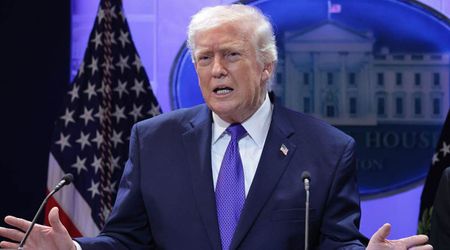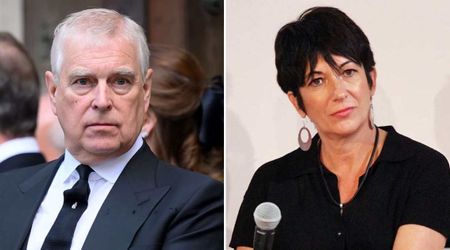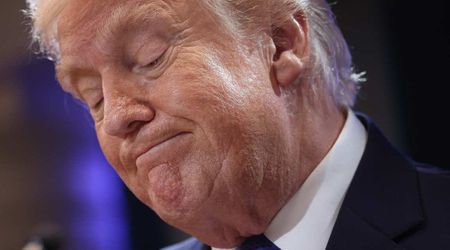Jury instructions in Trump trial: 5 key details as defense rests its case, closing arguments next week
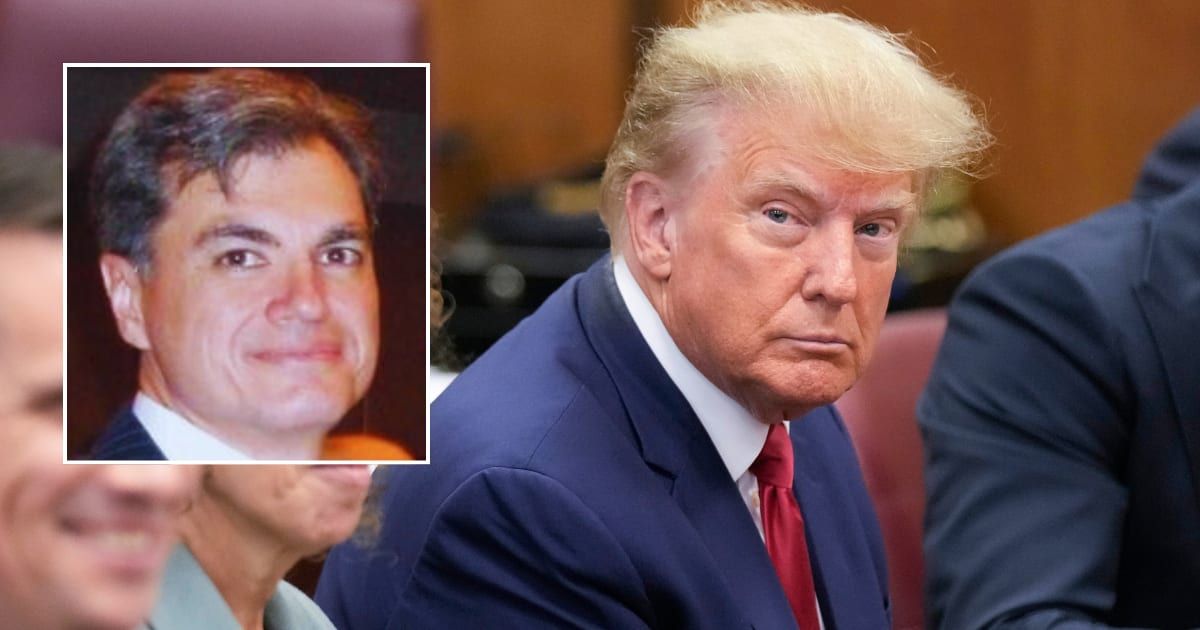
Five key details to consider as Judge Juan Merchan prepares jury instructions for Donald Trump's hush money trial

The prosecution and defense have officially rested their case in Donald Trump's criminal hush money trial, and the jury will return next week to determine the former president's fate. On Tuesday afternoon, May 21, Judge Juan Merchan held a pre-charge conference to help attorneys finalize the instructions for the jurors when they return. Trump is facing 34 felony counts of falsifying business records related to a $130,000 payment to adult film star Stormy Daniels ahead of the 2016 election, charges to which he has pleaded not guilty. Due to the courts' tendency to avoid lengthy breaks between closing arguments and jury instructions, Judge Merchan has scheduled the summations for after Memorial Day weekend. Jurors will return on Tuesday to hear closing arguments, with the judge planning to deliver his instructions the following day. Merchan estimates that his remarks will take about an hour, after which jury deliberations will commence.
1. Here's what the jury will hear
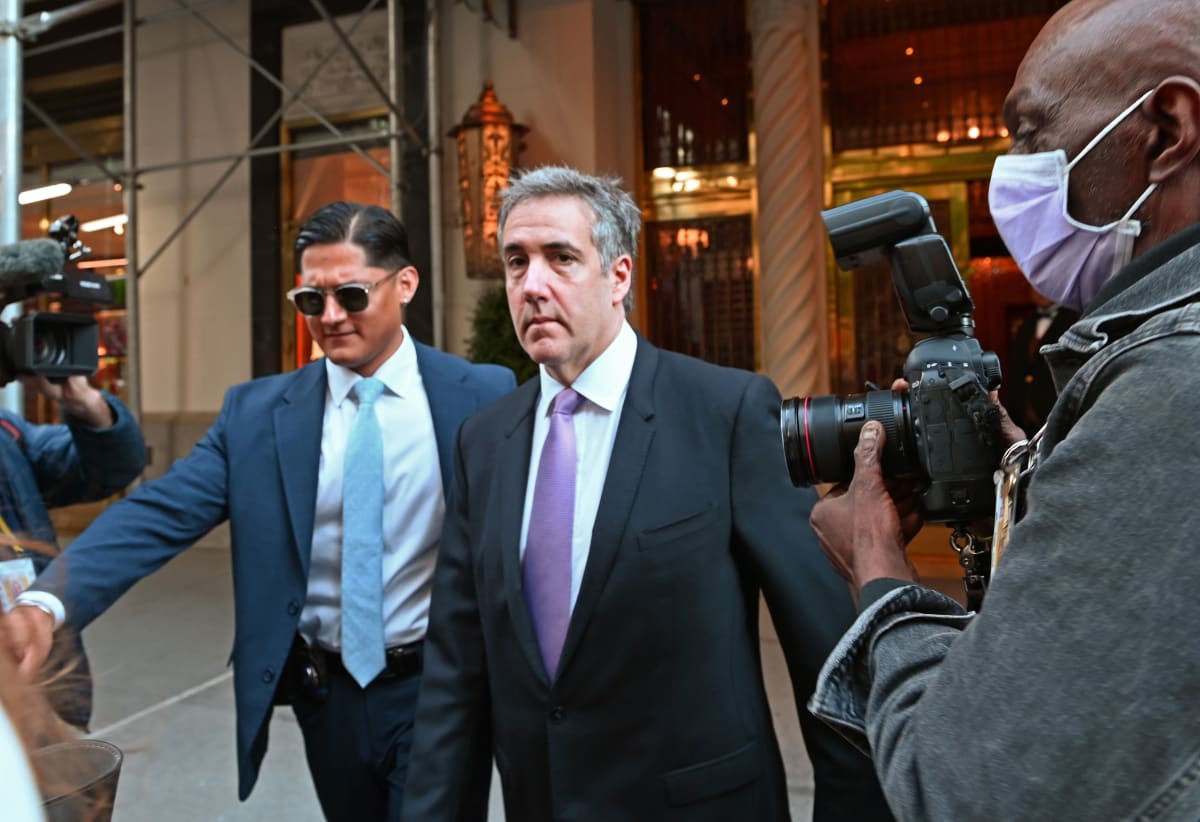
Judge Merchan decided that the instructions to the jury would refer to the prosecution's star witness, Michael Cohen, as an "accomplice" rather than by name. This aligns with the language used in New York's Criminal Jury Instructions (CJI), as prosecutors requested. Merchan emphasized that he would not deviate from these standard instructions unless necessary, acknowledging the effort that went into creating the CJI. The jury will also be informed that Cohen "participated in and was convicted of crimes." Additionally, the defense requested that jurors be instructed to set aside any prejudice against Trump, a motion to which the prosecution agreed, providing a version with more neutral language.
2. Here's what it won't

Several of the defense's requests for jury instructions were denied by Judge Merchan. These include the defense's desire to inform jurors that candidates can contribute unlimited amounts to their campaigns and that Trump had sufficient personal wealth to pay Daniels without legal issues. Merchan ruled that while the defense could argue this in their closing statements, it would not be part of the official instructions. The defense also sought instructions that hush money payments and non-disclosure agreements are not illegal, but the judge agreed with prosecutors that this would unfairly present the defense's argument. Additionally, Trump's lawyers wanted specific language added regarding the intent behind influencing an election, which Merchan declined, citing potential confusion for the jury. Moreover, there will be no instructions about evaluating the intent to conceal another crime, nor about the possibility of lost data from Cohen's cellphones. Merchan also refused to instruct jurors on any advice of counsel argument, criticizing Trump attorney Emil Bove for attempting to reintroduce it after it had been dismissed.
3. Judge yet to decide on certain issues

Judge Merchan reserved decisions on several issues raised during the conference. One such issue is whether to instruct jurors that federal election law violations require willfulness, which is relevant because falsifying business records becomes a felony if done to conceal another crime. Prosecutors argued that only the intent to commit another crime is necessary, not its completion. Merchan is also considering whether to include examples clarifying that a candidate's status need not be the sole motivation for an action, and whether to strike instructions about causing false entries in business records.
4. Jurors faced with an intricate task

Jurors face the challenging task of interpreting complex legal issues in a case with significant implications for Trump’s future and liberty, potentially impacting the 2024 election. Over a month of dramatic testimony, prosecutors argued that Trump falsified business records to conceal a $130,000 hush money payment to Stormy Daniels, thereby influencing the 2016 election. Trump denies the affair and maintains that hush money payments are not illegal. To convict Trump, jurors must find beyond a reasonable doubt that he falsified business records and did so to commit another crime. The defense claims Trump is innocent, arguing he was uninvolved in falsifying records and attempting to discredit Cohen, the prosecution's key witness. Cohen testified that Trump instructed him to make the payment, but his credibility was challenged by the defense.
5. Stormy Daniels' 'best left unsaid' testimony

The trial included risque testimony from Daniels about her alleged affair with Trump, which was critical to establishing the basis for the alleged cover-up. Despite Judge Merchan’s efforts to limit explicit details, Daniels' testimony provided vivid accounts of their encounter which he said he "best left unsaid," including that she “spanked” Trump “right on the butt” with a magazine. Cohen’s testimony directly implicated Trump in the scheme to silence Daniels. “He stated to me that he had spoken to some friends, some individuals, smart people, and ‘That it’s $130,000. You’re a billionaire, just pay it. There’s no reason to keep this thing out there so do it.’ He expressed to me, ‘Just do it,’” Cohen quoted Trump as saying. However, his credibility was questioned by the defense, which argued he was motivated by a personal vendetta against Trump. The defense's case, in contrast to the prosecution’s extensive testimony, was brief and included only two witnesses. Trump did not testify, a decision likely aimed at minimizing risks to his case. One defense witness, Robert Costello, ended up in a contentious exchange with Judge Merchan, potentially undermining the defense’s position. Ultimately, the jury’s interpretation of these complex testimonies and legal arguments will determine the outcome of the trial.

